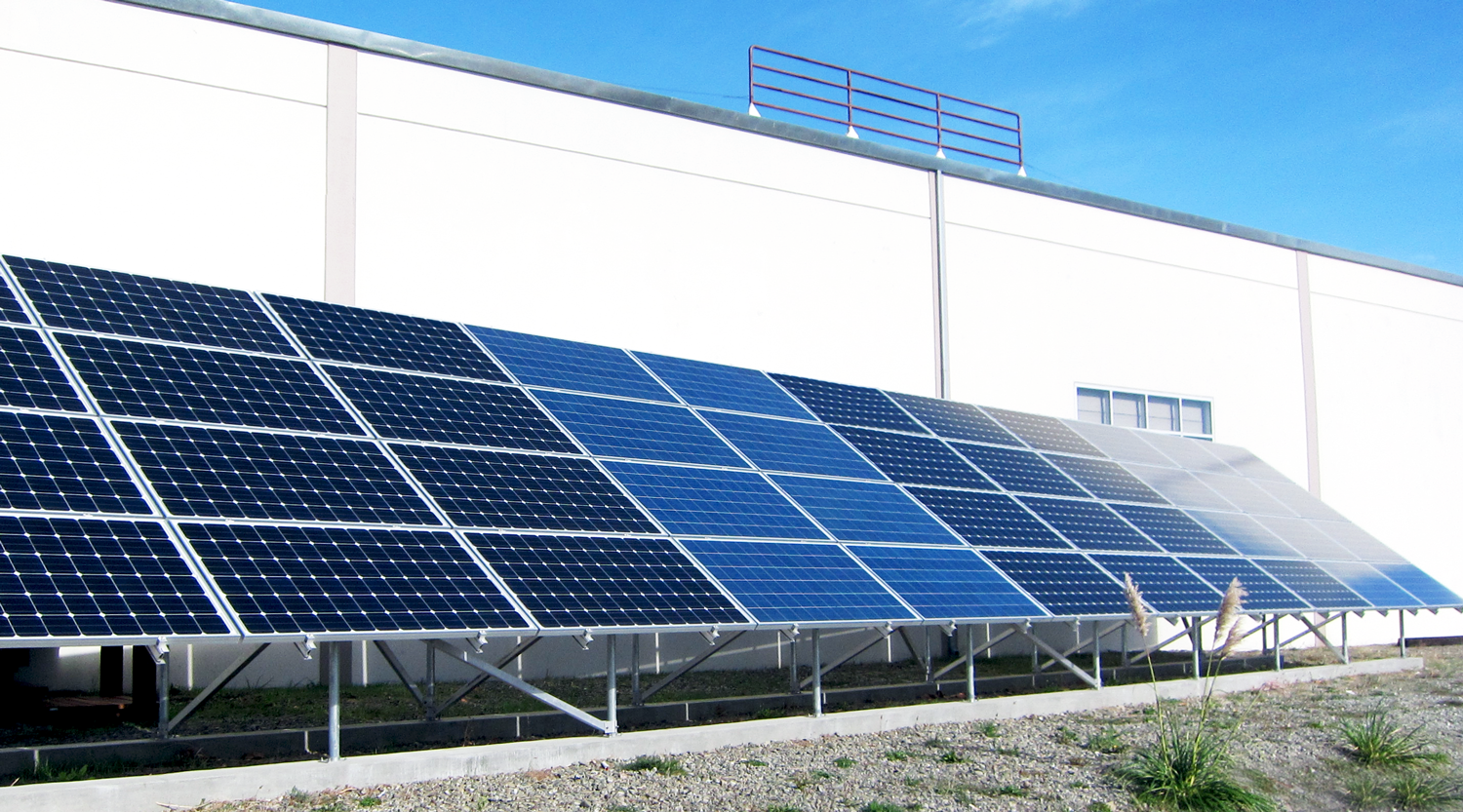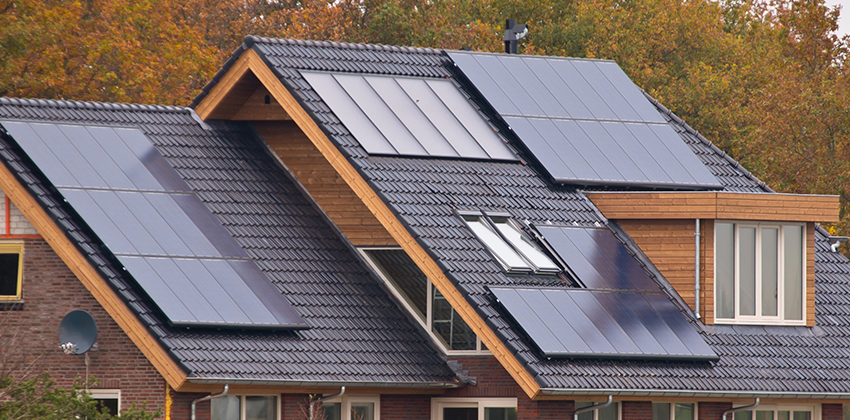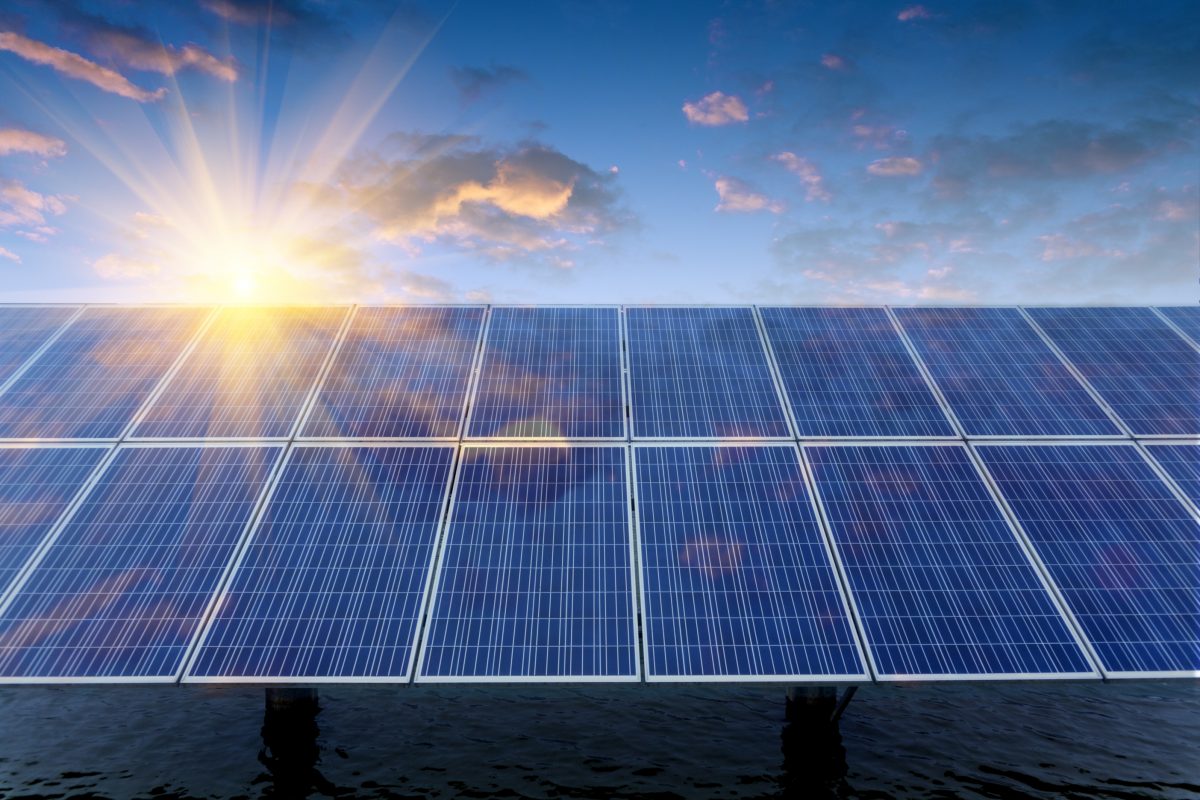Portable solar panels have difficulty powering an air conditioner directly. For example, a typical home air conditioner with a power rating of 3 kW requires 24 kWh of energy daily. Even a 300-watt solar panel can provide a maximum of 300 watt-hours (Wh) of energy per hour, generating only 2.4 kWh over a full day. Therefore, it is necessary to use multiple solar panels, large capacity storage systems, or backup generators to meet the high power demands of an air conditioner.
Portable solar panels work by converting photons from sunlight into direct current (DC) through the photovoltaic effect. Each photovoltaic cell is made from semiconductor materials, which release electrons to create current when exposed to light. For example, a 100-watt solar panel can theoretically produce about 100 watt-hours (Wh) of energy per hour under full sunlight. Assuming 6 hours of effective sunlight per day, this panel can generate 600 Wh of energy daily. This amount is sufficient for charging small devices like smartphones and tablets, but is inadequate for high-power devices such as air conditioners.
To effectively convert energy, portable solar panels typically include inverters and controllers to ensure that the output is stable and safely provided to various devices. Factors such as light intensity, angle, and panel installation position affect energy production efficiency. Therefore, these variables must be considered to optimize the solar panel's performance in real-world applications.
The power requirements of air conditioners usually exceed the output capacity of portable solar panels. Generally, home air conditioners range from 2 kW to 5 kW. For instance, a 3 kW air conditioner running continuously for 8 hours requires 24 kWh of energy daily. This converts to 24,000 Wh, which is far beyond the output range of a single portable solar panel. Even using 10 panels of 100 watts each, the total theoretical daily output would be 6,000 Wh, which only partially meets the needs of a lower-power air conditioner.
Moreover, the actual power consumption of air conditioners may be higher in different environments. In high-temperature settings, the cooling load increases, raising energy demands. Thus, additional power losses and efficiency reductions must be considered when using portable solar panels to power an air conditioner, making it even more challenging to meet its power needs.
The output power of portable solar panels typically ranges from 100 watts to 300 watts. For example, a 100-watt panel can produce 100 watt-hours (Wh) of energy per hour under optimal conditions. If it operates for 8 hours, it can generate up to 800 Wh of energy. If an air conditioner has a power rating of 3 kW, its 8-hour energy requirement is 24,000 Wh, making a single 100-watt solar panel insufficient.
Even with a 300-watt solar panel, the maximum energy produced in the same 8-hour period is only 2,400 Wh, still far below the required 24,000 Wh. Thus, to meet the power demands of an air conditioner with portable solar panels, a systematic expansion is necessary, such as increasing the number of panels, using high-capacity storage systems, or incorporating generators to cover the energy gap.
Although portable solar panels cannot directly power an air conditioner, the following methods may help
Connecting 10 300-watt solar panels (totaling 3 kW) can generate about 18 kWh of energy daily under optimal sunlight conditions. Combined with efficient solar inverters and storage systems, this setup might meet the power needs of an air conditioner, though it requires significant initial investment and system configuration.
A 1,000 amp-hour (Ah) lead-acid battery at 12 volts can store 12 kWh of energy. By charging this battery with portable solar panels, it can supply power to an air conditioner when needed. However, large capacity battery systems and efficient charge controllers are essential.
For high power demands, combining a backup generator with a solar system can be effective. A 5 kW diesel generator can provide sufficient power to meet the needs of an air conditioner, though using a generator increases operational costs and environmental impact.



